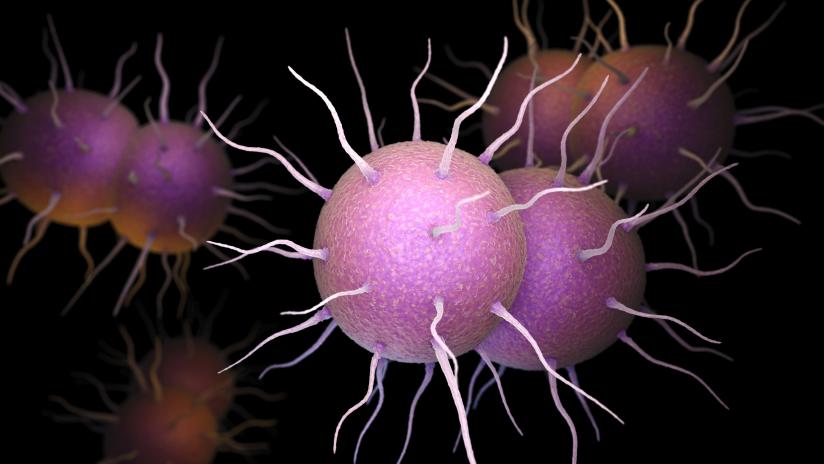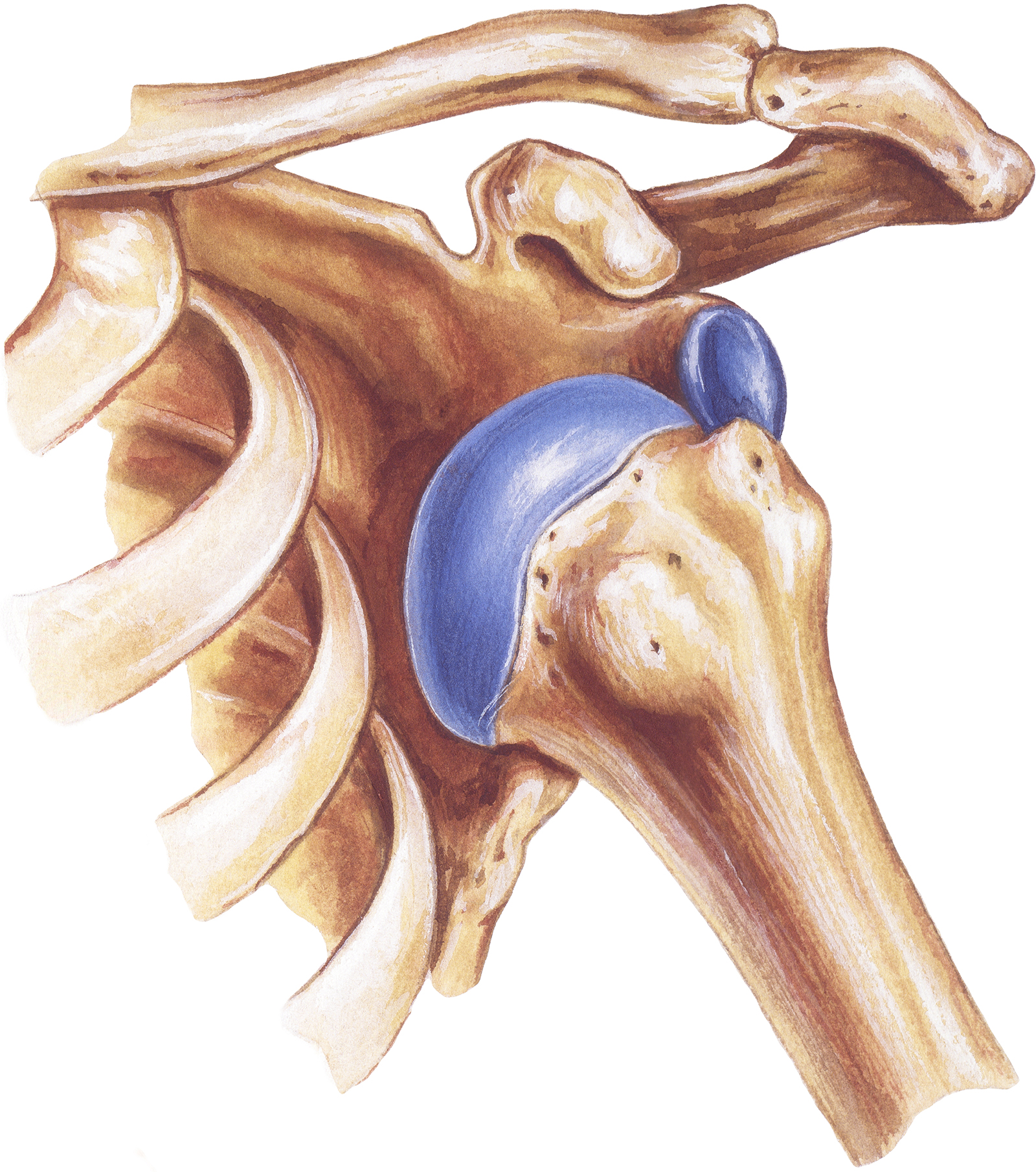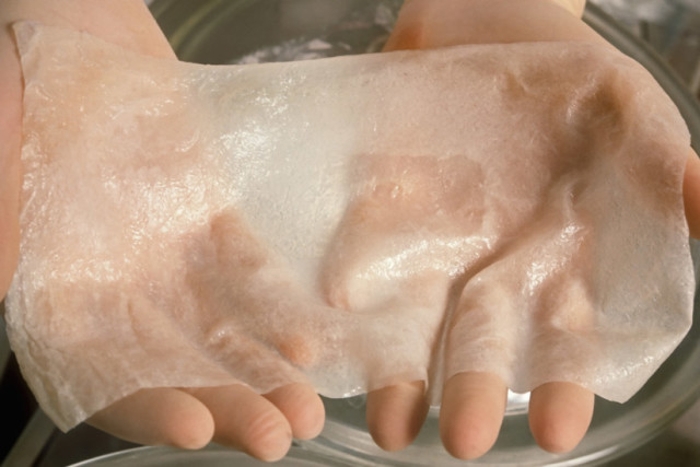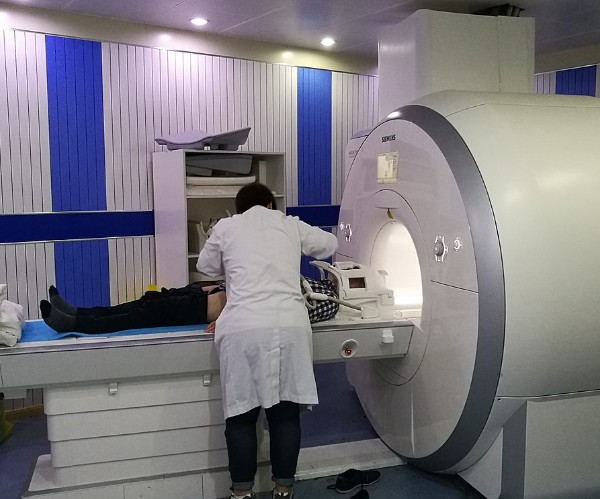Complications caused by chronic kidney disease, as well as underlying conditions that have contributed to chronic kidney disease, may pose a risk for cardiovascular disease.
But what are the complications that can result from kidney disease?
- Anemia
When red blood cells are insufficient, the kidney responds with the production of a hormone, erythropoietin, which communicates to the bone marrow the demand for more red blood cells, but if the kidneys are compromised erythropoietin levels drop, resulting in a red blood cell shortage. Through various studies, it has been established that anemia can be driven by cardiovascular disease.
Red blood cells are are responsible for carrying a protein called hemoglobin that provides oxygen transport to organs and throughout the body. If red blood cells are insufficient then the amount of oxygen transported to tissues and organs, and thus to the heart, also decreases.
The heart when it receives less oxygen in its muscles the patient is at risk of a heart crisis, a heart attack .
If then the heart, due to the lower oxygen supply, reacts by pumping more blood that carries more oxygen, it ends up doing overwork that can thicken the muscle walls of the left lower cardiac chamber.
This cardiac thickening is also referred to as
left ventricular hypertrophy
, a condition that could lead to heart failure pathology. - Hypertension, meaning high blood pressure affects the kidneys, which produce a substance called renin, an enzyme that regulates blood pressure. When blood pressure drops too low, the kidneys, when healthy, respond by releasing renin, which goes to stimulate other hormones so that they raise blood pressure, blood.
When the kidneys are compromised, however, they can send too much renin into the bloodstream, which causes an excessive rise in blood pressure, which increases cardiovascular risk causing heart attack, stroke, or congestive heart failure.
Then comes into play an amino acid, normally present in the body, homocysteine, which, when the kidneys are well functioning, is regulated without excesses, while in the case of diseased kidneys, an increase in homocysteine fails to be removed by the kidneys, and can be responsible for the formation of plaques within the blood vessels, which can cause atherosclerosis and even coronary artery disease, two very serious cardiovascular diseases. - Elevated homocysteine levels: homocysteine is anamino acid normally present in the blood.
Healthy kidneys regulate the amount of homocysteine in the blood and remove any excess. But damaged kidneys cannot remove the extra homocysteine.
High levels of homocysteine have been linked to plaque accumulation in blood vessels, with possible obstruction of blood flow within the vessels, which can lead to cardiovascular diseases such as atherosclerosis and coronary artery disease.
Increased levels of homocysteine can also result in blood clots that go on to damage the vessel walls with the risk of stroke and heart attack.
Calcium and phosphorus may also be regulated differently, kept in balance in healthy kidneys, but altered in compromised kidneys and capable of causing coronary artery disease. In patients undergoing dialysis, increased levels of calcium-phosphate cause hardening of coronary arteries.
Diabetes and hypertension are major contributors to kidney disease. Treating cardiovascular disease by trying to eliminate the factors that caused it will also bring chronic kidney disease, diabetes, and hypertension under control.
A kidney- and heart-friendly diet based on low cholesterol and saturated fat contents will be able to help in parallel with drug treatment.
Chronic kidney disease involves other organs besides the kidneys, such as the heart, so treating the kidneys means treating all the other organs as well.



































































































